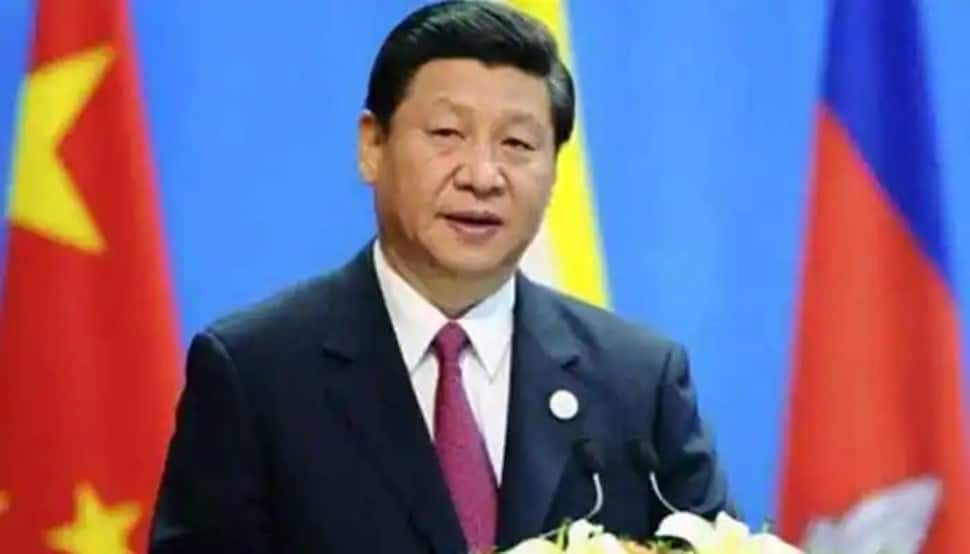 |
|
President Xi Jinping's 2025 New Year address delivered a forceful message on Taiwan's future, asserting the inevitability of its reunification with mainland China. This declaration, made amidst growing economic anxieties within China and the looming return of Donald Trump to the US presidency, underscores the complex geopolitical landscape facing the nation. Xi's statement, broadcast nationally, emphasized the inherent familial bond between the people of mainland China and Taiwan, rejecting any possibility of severing this connection. This firmly reiterates China's longstanding 'One-China' policy, which considers Taiwan an inalienable part of its territory, a position that has intensified in recent years under Xi's leadership. This assertion of reunification is not merely a symbolic gesture; it represents a core component of Xi's nationalistic agenda and a significant aspect of China's foreign and military policy. The increased military activity surrounding Taiwan in recent years serves as a powerful reinforcement of this commitment to eventual reunification, regardless of Taiwan's own self-governance.
The economic backdrop against which Xi delivered his message is equally crucial. China's economy, while demonstrating signs of recovery with projected GDP exceeding 130 trillion yuan, faces significant challenges. The lingering effects of the COVID-19 pandemic, a struggling real estate sector, and job losses resulting from business closures continue to cast a shadow over the nation's economic outlook. Xi's emphasis on positive economic indicators, such as increased grain output and successes in new energy vehicle production, aims to reassure the Chinese public and project an image of stability and progress. However, the underlying vulnerabilities remain, especially given the potential for further economic disruption from escalating US-China tensions.
The potential for increased conflict stems primarily from the return of Donald Trump to the US presidency. Trump's first term was marked by a trade war with China, including the imposition of tariffs on hundreds of billions of dollars worth of Chinese imports. He consistently framed these actions as a response to unfair trade practices and economic exploitation of the US. Trump's rhetoric throughout his second campaign was even more aggressive, signaling a potential intensification of these trade disputes. His threats to impose even higher tariffs on Chinese goods, coupled with his past criticism of China's handling of the COVID-19 pandemic and his skepticism towards Chinese technological advancements, portend a significantly more confrontational US-China relationship. The prospect of a Trump presidency further complicates Xi's already challenging economic and geopolitical goals, increasing the likelihood of trade disruptions, technological decoupling, and potentially even military escalation.
The juxtaposition of Xi's assertive stance on Taiwan and the anxieties surrounding the economy and the potential return of Trump's aggressive trade policies highlights the intricate interplay of domestic and international factors shaping China's trajectory. Xi's emphasis on global governance reform and cooperation within the Global South suggests an attempt to build a counterbalance to US influence and to project China as a responsible global power. However, the reality is that China's immediate priorities – managing economic challenges, navigating relations with Taiwan, and mitigating the potential impact of a Trump presidency – will largely determine its success in achieving these broader geopolitical goals. The coming years will be critical in determining how these competing pressures will shape China's path and its role in the evolving global order. The future trajectory of US-China relations will undoubtedly be a key determinant of China's economic and political stability, and Xi's firm stance on Taiwan will likely remain a focal point of these increasingly complex interactions.
Source: No One Can Ever Stop Taiwan's Reunification With China, Says President Xi In New Year Message
